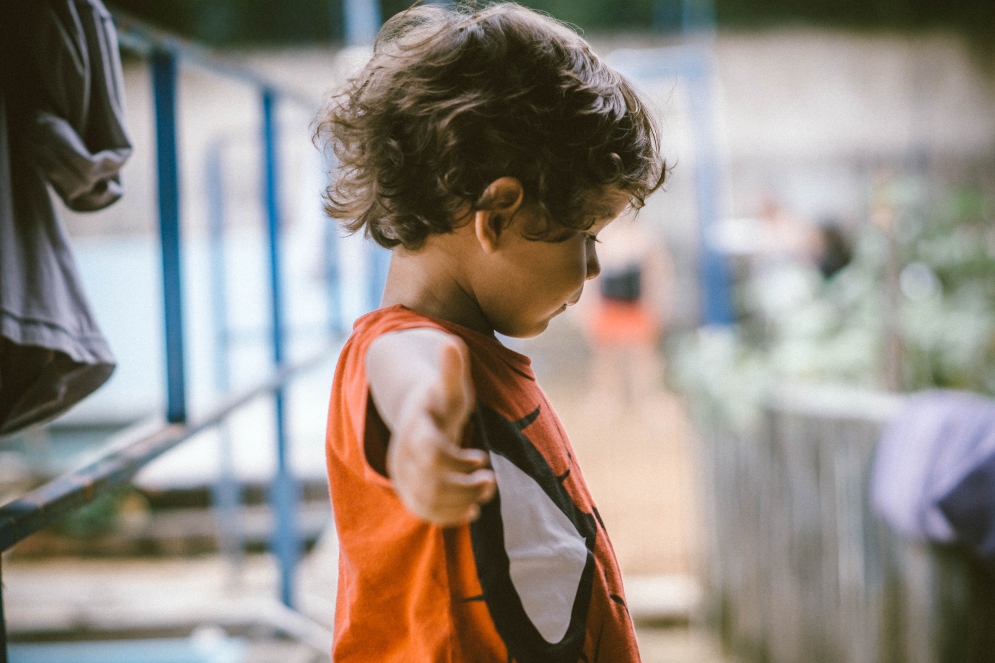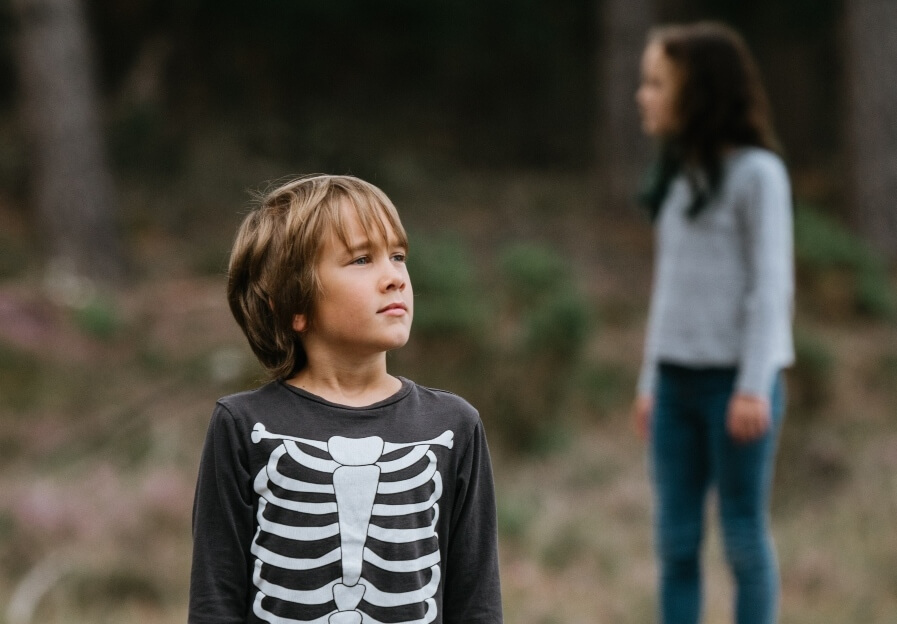Anxiety is a blanket term that can cover a whole range of challenges children and young people struggle with. Anxiety goes beyond ordinary worries and fears though it can be difficult to determine when these cross over into anxiety requiring more support.
Symptoms can be:
- Excessive worrying.
- Overthinking
- Catastrophising
- Perfectionism
- Extreme shyness
- Sense of doom
- Irritability
- Headaches, stomach aches, nausea or vomiting
- Fatigue
- Insomnia
- Dizziness
- Angry outbursts
- Clinginess
- Obsessive behaviours
- Difficulty concentrating
Every child and young person will have different symptoms and it is important to listen to and understand your child’s symptoms, even if they are different to what you think anxiety should look like or believe your child has no reason to be anxious
There are multiple reasons why children and young people develop anxiety. These may be related to:
- Their childhood experiences
- Family factors
- Biological predisposition
- The child’s natural temperament
Sometimes it is not easy to pinpoint an exact reason but this does not make your child’s anxious thoughts and feelings any less. Anxiety can range on a spectrum from mild anxieties that are common and respond to reassurance and support to work through, to severe and debilitating anxieties that significantly impact day to day functioning.
However illogical and frustrating a child’s fears and anxieties can feel to an adult, they are extremely real to the child and need to be treated with empathy and compassion rather than minimising or dismissing.
For further information please see the following links or subsections below:
Anxiety disorders in children – NHS (www.nhs.uk)
Supporting A Child With Anxiety | Tips & Advice | YoungMinds
What is Anxiety? | Symptoms of Anxiety & Getting Help | YoungMinds





